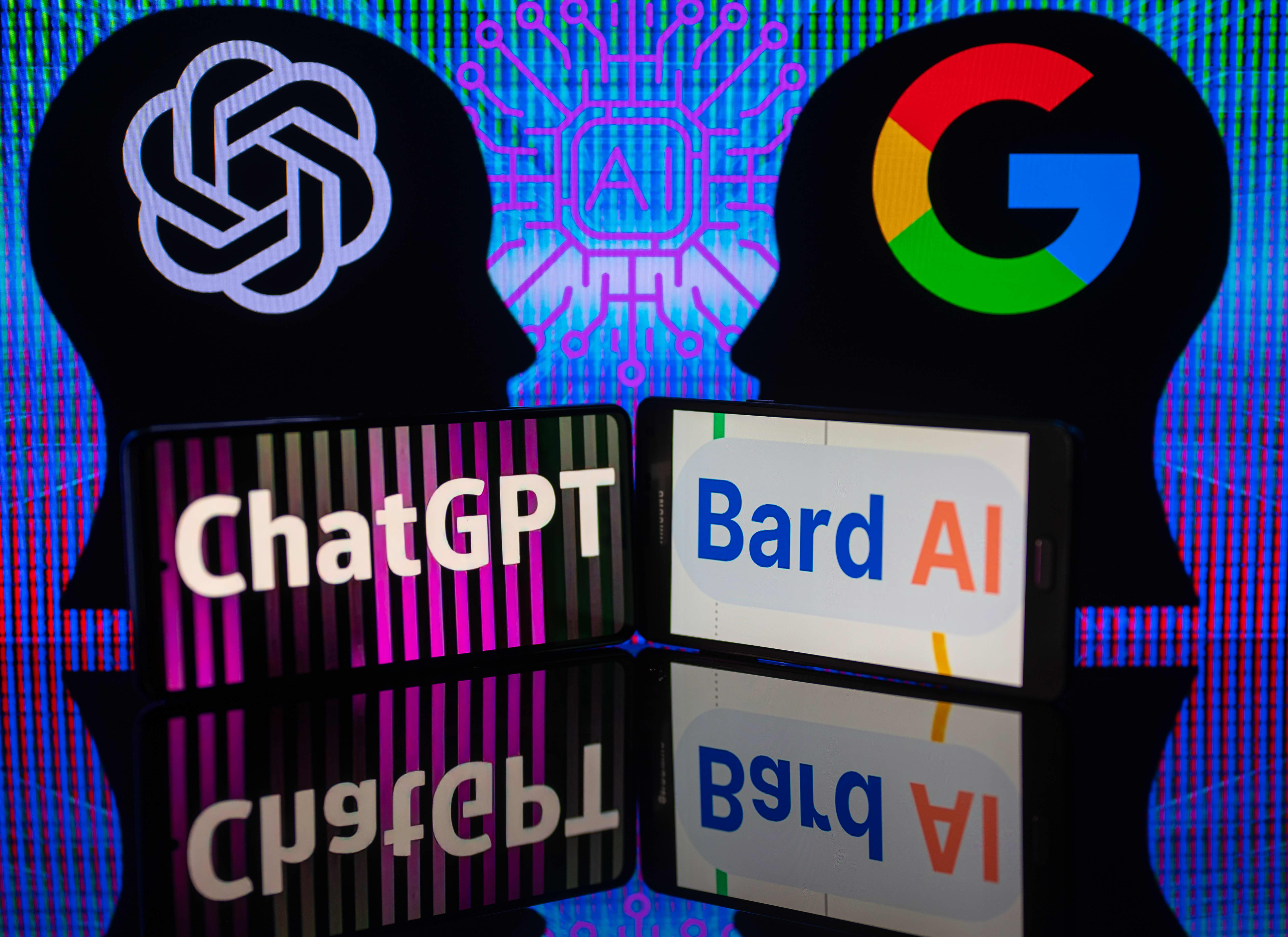Artificial intelligence (AI) expert Professor Mike Wooldridge, who holds a position at Oxford University, has issued a warning against sharing personal information or engaging in heart-to-heart conversations with chatbots like ChatGPT. According to Wooldridge, such interactions could be “extremely unwise” as the data shared contributes to training future versions of the technology. He also cautioned users not to expect unbiased responses, noting that AI tends to provide answers that align with users’ preferences rather than offering balanced perspectives.
Professor Wooldridge is set to address key questions surrounding AI in this year’s Royal Institution Christmas lectures. The lectures aim to explore significant issues in AI research and debunk myths about the functioning of this groundbreaking technology. Topics covered will include the mechanics of machine translation between languages and the workings of chatbots. Wooldridge will also delve into the fundamental question: can AI ever truly replicate human characteristics?
In an interview with the Daily Mail, Wooldridge emphasized the futility of seeking consciousness in AI, highlighting its lack of empathy and sympathy. He clarified that AI does not possess the capability to experience anything and is designed primarily to provide responses that align with users’ preferences. Users, he advised, should assume that any information shared with ChatGPT is used to refine future versions of the system.

Wooldridge noted the difficulty in retracting data once it has been fed into AI systems, citing the inherent challenges in retrieving information from these models. He raised awareness about the permanence of data within AI systems, cautioning users to be mindful of the information they disclose.
In response to these concerns, a spokesperson for OpenAI, the organization behind ChatGPT, mentioned that they introduced the ability to disable chat history in April. When chat history is disabled, conversations initiated during this mode are not used for training and improving AI models.
Throughout the Christmas lecture series, Wooldridge will be joined by prominent figures in the field of AI. The Royal Institution highlighted that the lectures will introduce a variety of robot companions to demonstrate the current capabilities and limitations of robots.
The Royal Institution Christmas lectures have a rich history, starting in 1825 with Michael Faraday, and were initiated to engage and educate young people about science. First broadcast in 1936, the lectures hold the distinction of being the oldest science television series. Over the years, notable figures such as Nobel Prize winners William and Lawrence Bragg, Sir David Attenborough, Carl Sagan, and Dame Nancy Rothwell have contributed to the lectures.
The upcoming Christmas lectures by Professor Wooldridge are scheduled to be broadcast on BBC Four and iPlayer on December 26, 27, and 28 at 8 pm.









